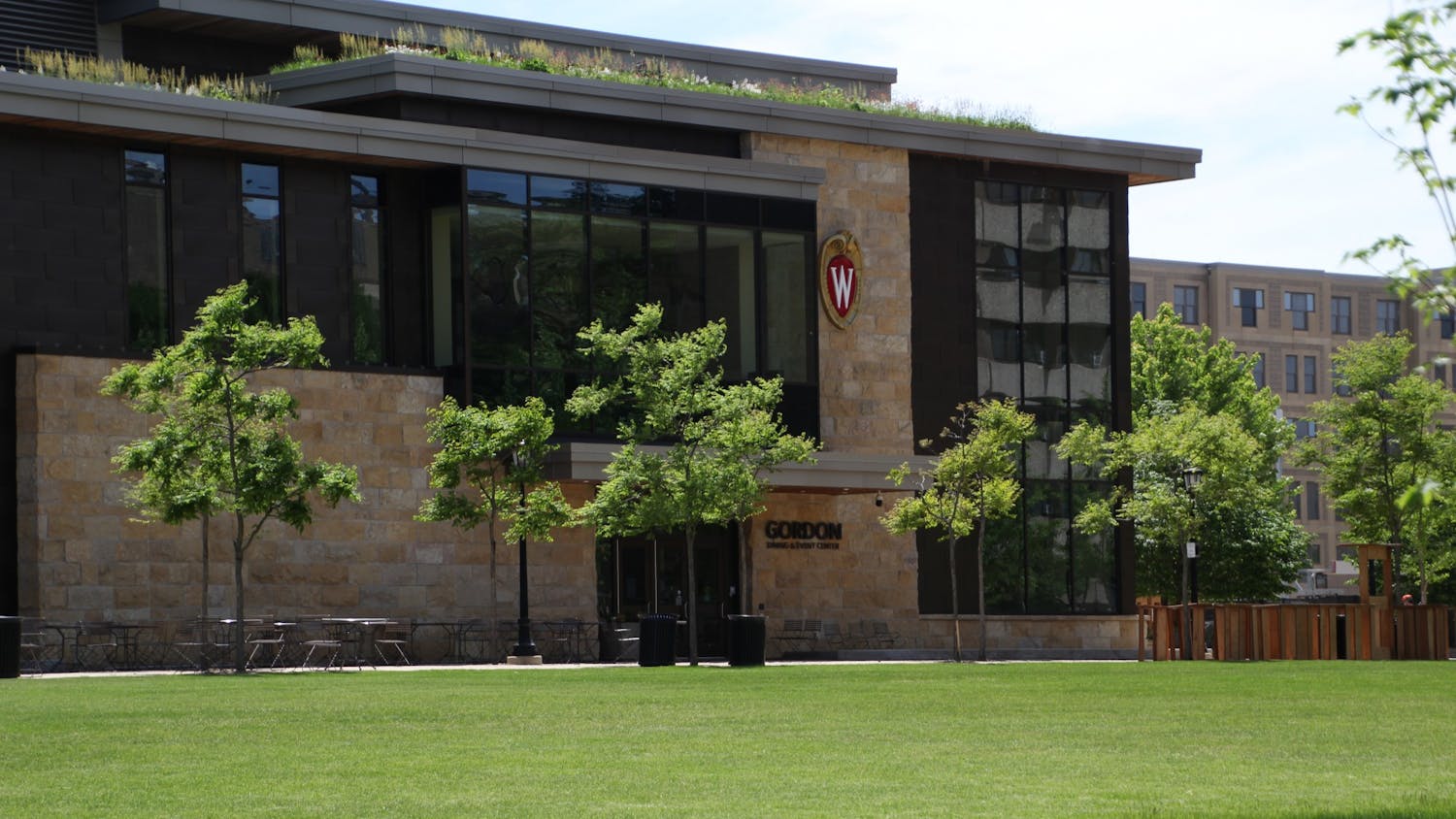Last Thursday, state regulators gave the green light for the construction of a massive solar farm in southeast Dane County, which advocates say will help disentangle Wisconsin's energy grid from fossil fuels and facilitate the switch to sustainable energy.
Wisconsin's Public Service Commission voted 2-0, with one member abstaining, to allow Invenergy to build the Koshkonong Solar Energy Center in the towns of Christiana and Deerfield, around a half hour outside Madison.
The 300-megawatt center would be Wisconsin's largest renewable energy plant and will generate enough emission-free energy to power 60,000 homes, a quarter of the county’s 240,000 households. Additionally, there will be 165-megawatts of battery storage — the equivalent battery storage of 6,000 electric vehicles, which will help bolster grid reliability.
Invenergy, a Chicago-based solar developer, has two other facilities under construction in Wisconsin, with another awaiting approval. The Koshkonong project is the largest, representing 12% of all Wisconsin utilities completed or approved. According to Invenergy, an estimated $200 million will be invested in Dane County over the project's lifetime, and around 600 jobs will be created during peak construction. The project is expected to generate $1.2 million per year in new revenue for local governments.
The project has a base operating lifespan of 35 years, with agreements available to extend it to 50. During this time the project will have a host of positive benefits for the environment.
In a statement, Clean Wisconsin asserted that the phosphorus runoff around the project site would be reduced by as much as 96% once solar panels and native grasslands replace row crops, with avoided phosphorus pollution runoff into nearby waterways exceeding 100,000 pounds during the project's operation. They’ve also said it will reduce CO2 emissions by 15 to 20 million tons, which is corroborated by Invenergy, which estimated emission reductions from the project to be the equivalent of taking 145,000 cars off the road.
Clean Wisconsin Climate, Energy and Air Program Director Chelsea Chandler said it's a much-welcome step forward in Wisconsin’s transition to clean energy.
“[The] approval of the Koshkonong Solar Energy Center marks important progress in the transition to clean, renewable energy that will benefit our communities and climate,” Chandler said.
Governor Evers has outlined his plans for Wisconsin to be carbon neutral by 2050, but currently Wisconsin only receives less than 1% of its electricity from solar. Proponents hope this project contributes to a trend towards greener sources.
“This project accelerates the local transition to clean energy,” declared Heather Allen, the executive director of RENEW Wisconsin, a nonprofit that works for the advancement of renewable energy in the state. “With enough capacity to provide one-quarter of the local solar needed to meet Dane County’s Climate Action Plan, Koshkonong’s approval is a major milestone in the transition to energy independence for the region.”
The project will be built within a 6,384 acre Project Area, most of which is currently farmland. Of that, Koshkonong Solar has approximately 4,600 acres under contract, which represents the entirety of the land necessary to accommodate the solar panels for the 300 MW capacity, and space for potential future panels, to a max capacity of 429 MW.
“Every kilowatt of clean energy adds up to make a difference, and given the urgency of climate change, a 465 MW project like Koshkonong is a big step in matching the scale of the crisis with the scale of solutions,” Chandler said, adding that it was essential the commission continues to approve utility-scale projects like this.
However, not everyone was on board with the commission's actions. Christiana and Deerfield residents expressed anxiety that their voices weren’t listened to during the process, when they voiced concerns that the project would lead to the loss of prime farmland, decrease property values, and endanger people living near the project.
“We’re not against solar panels in the proper space, but with the safety of all these wires around our home, for us, for our children [it's a concern],” said Sharon Lund, whose house is at the intersection of underground power lines that connect the solar panels.
“It was literally a slap in the face — just the complete and wholehearted disregard for any of the concerns of the community,” said Tara Vasby, a Christiana resident who claimed commissioners referred to her and other residents as “nimbys.”
Residents also argued that Invenergy’s land leases with property owners violated the state constitution, which they said limits farmland leases to 15 years, below the 25 year lease Invenergy has with landowners.
The Commission members who voted in favor for the project pushed back, calling it a “not in my backyard” type of attitude, and saying arguments around the constitution lacked merit.
WEC Energy Group and Madison Gas and Electric have announced their intentions to buy the plant for $649 million as part of their plans to go carbon neutral by 2050.
"This is a positive step for clean energy in Wisconsin," said Brendan Conway, a spokesmen from the WEC Energy Grout. "We look forward to continuing to work with the Commission on our plan to purchase this project to help provide customers the affordable, reliable and clean energy they depend on."
Construction is set to begin soon, with an expected completion date of December 2024.
Gavin Escott is the campus news editor for the Daily Cardinal. He has covered protests, breaking news and written in-depth on Wisconsin politics and higher education. He is the former producer of the Cardinal Call podcast. Follow him on X at @gav_escott.






